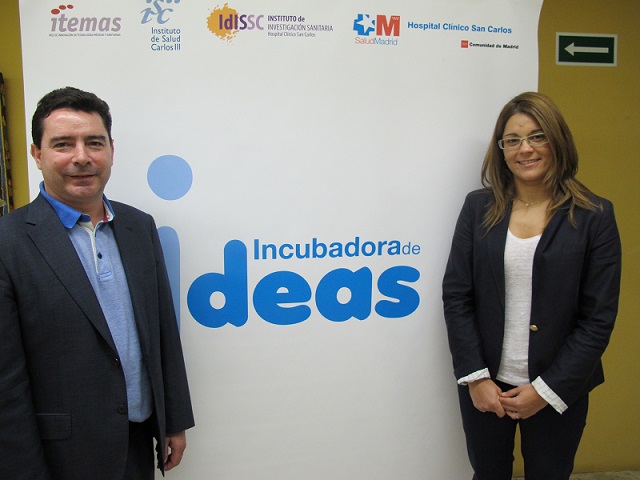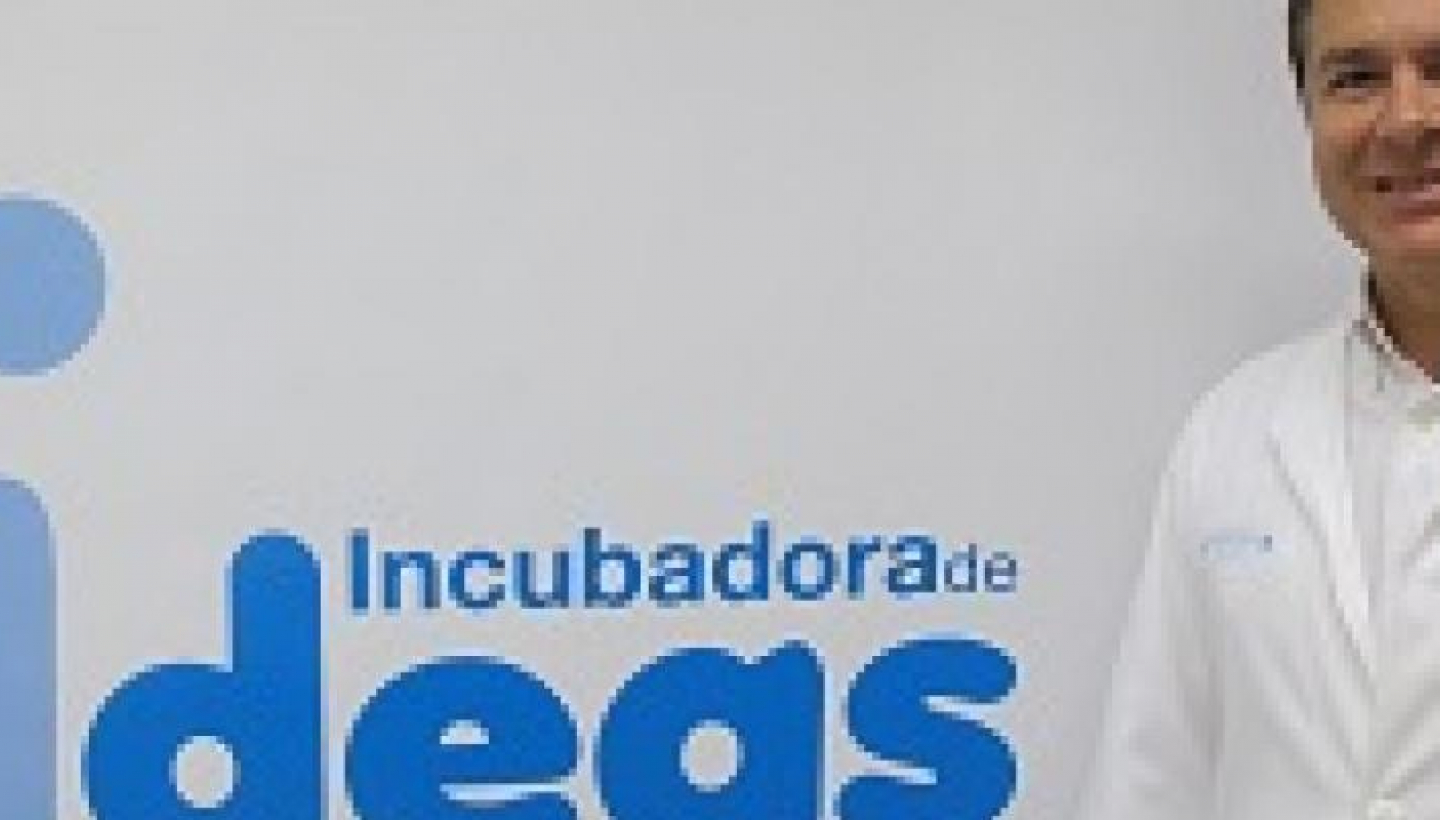ICT needs in oncology, the importance of biomarkers in cancer treatment or innovation in electronic clinical guidelines, discussed in the Clinical Hospital of Madrid.
Innovation in oncology starred in a new session of the ideas incubator of the San Carlos Hospital (HCSC) of Madrid, held on June 24. The first speaker was Pedro Pérez Segura, Deputy Medical Oncology of the hospital. In it, he spoke of the ICT needs in oncology and began his speech wondering how to use technology to improve the doctor - patient relationship. Segura Perez concluded his presentation by noting the need for collaboration between centers with intense oncological activity and companies, which he defined as vital to the success of patient treatment process.
Dr. Julián Sanz Ortega, Head of Molecular Pathology and Anatomical Pathology of HCSC, explained the importance of biomarkers in histopathological samples, ie, in tissue samples taken. Biomarkers can monitor the cancer itself, measuring the response of the patient allowing pharmaceutical therapy to be modified to fit the tumor as it evolves, and improve outcome. Sanz Ortega made emphasis on the importance of this analysis is in cancer treatment. He noted that the first innovation that should be made in cancer treatment lies in the development of biomarkers themselves.
During the meeting two innovative projects were also unveiled: the Genomic Systems Companyand the electronic clinical practice guideline for breast cancer.

Rafael Camacho Fumanal, innovation consultant for the Genome Systems Company, spoke about the work done by this company responsible for the genetic study by DNA sequencing in familial cancer cases. Meanwhile, Clara Aguilo of RICOH Spain, and Luis Lechuga, responsible for ICT innovation in the Hospital of Fuenlabrada, presented the 'electronic clinical practice guideline for breast cancer' whose innovation and main objective is the development of automation system of Electronic Clinical Practice Guideline (GPCE) to integrate information systems in a health center. This allows professionals to obtain full information on each patient through only one click and therefore greater agility and precision of patient care.
Lechuga ended the session by emphasizing the need for innovation in medical processes. In his opinion, today, "we have XXI century technology, but processes of the nineteenth century" and the future is to use standardized systems in clinics.



